Introduction
I aspire to build a career in addressing international issues, and I believed that studying and reflecting on global challenges in an international environment like Switzerland would be an ideal opportunity for my personal growth, which led me to participate in the Four Goods Vision Project.
Additionally, I have a strong interest in Swiss culture and nature. The prospect of experiencing new things within its rich natural environment and international atmosphere was particularly appealing.
Here, I would like to share my experiences during the program and how I have applied the lessons learned since completing it.
Three Days in the Alps: Facing Nature and the Heart
During the sessions in the Alps, we explored topics such as climate change, empathy, public health, biometrics, and international relations, all while experiencing Switzerland’s breathtaking natural scenery.
Two sessions left a particularly strong impression on me. The first was the ascent to Glacier 3000.
Witnessing the stunning landscapes and vast glaciers firsthand, I also saw the stark reality of environmental issues.
This experience made me deeply aware of the urgency of climate change.
The second was a session on “Empathy”, a core concept of the Four Goods Vision Project.
Often translated into Japanese as “共感” (kyōkan), empathy involves stepping into another person’s shoes, imagining their emotions and thoughts.
Through an exercise simulating a dialogue with a prisoner, I experienced firsthand the challenges of choosing the right words to build trust and realized the difficulty and importance of understanding others’ perspectives.
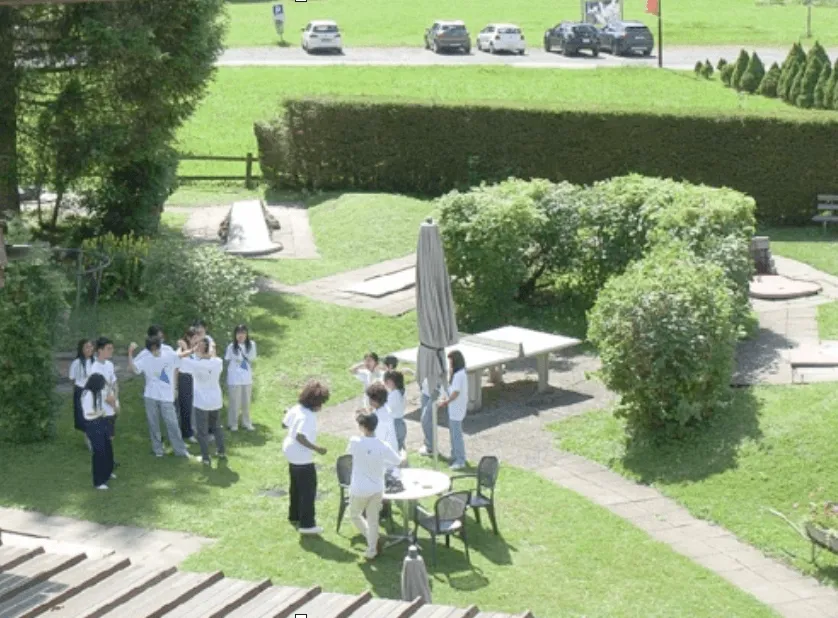
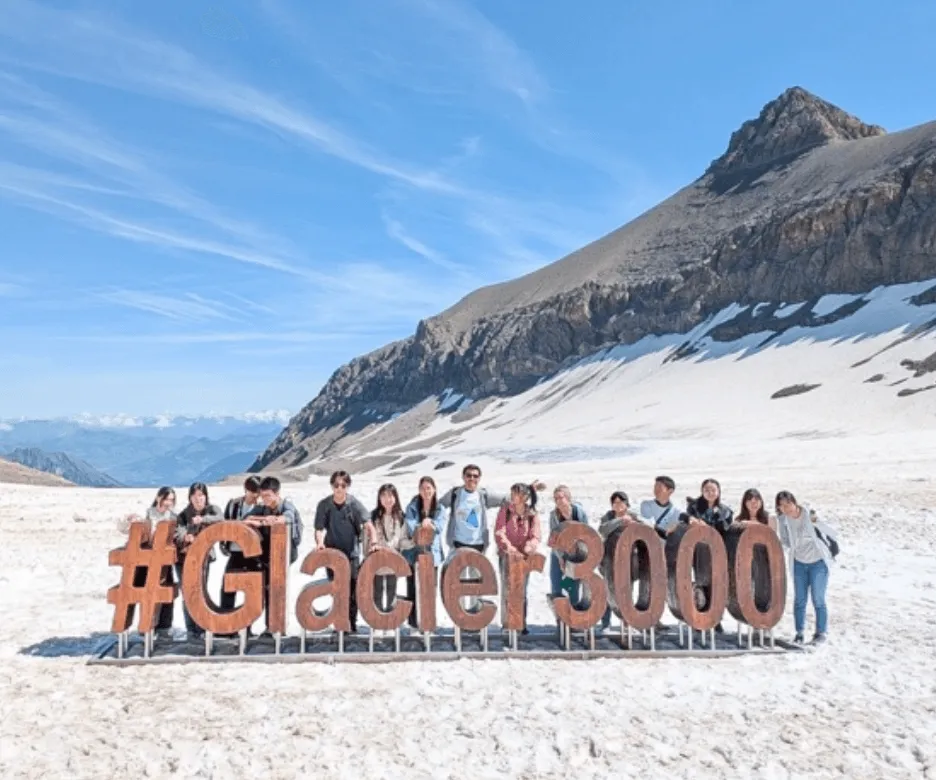
Lessons from Geneva: A City of Hope
n Geneva, we visited UNOG (United Nations Office at Geneva), ICRC (International Committee of the Red Cross), UNHCR (United Nations High Commissioner for Refugees), UNITAR (United Nations Institute for Training and Research), ITU (International Telecommunication Union), and the Permanent Mission of Japan to the International Organizations in Geneva.
Through these sessions, I had the opportunity to engage with professionals working on global challenges, and their dedication and sense of mission strengthened my resolve to pursue a career in the international field.
At ICRC, we visited the Red Cross Museum and learned about the organization’s historical efforts.
Although the museum exposed us to the harsh realities of conflict, I was deeply moved by the Red Cross’ unwavering commitment to helping people, even in the most difficult situations.
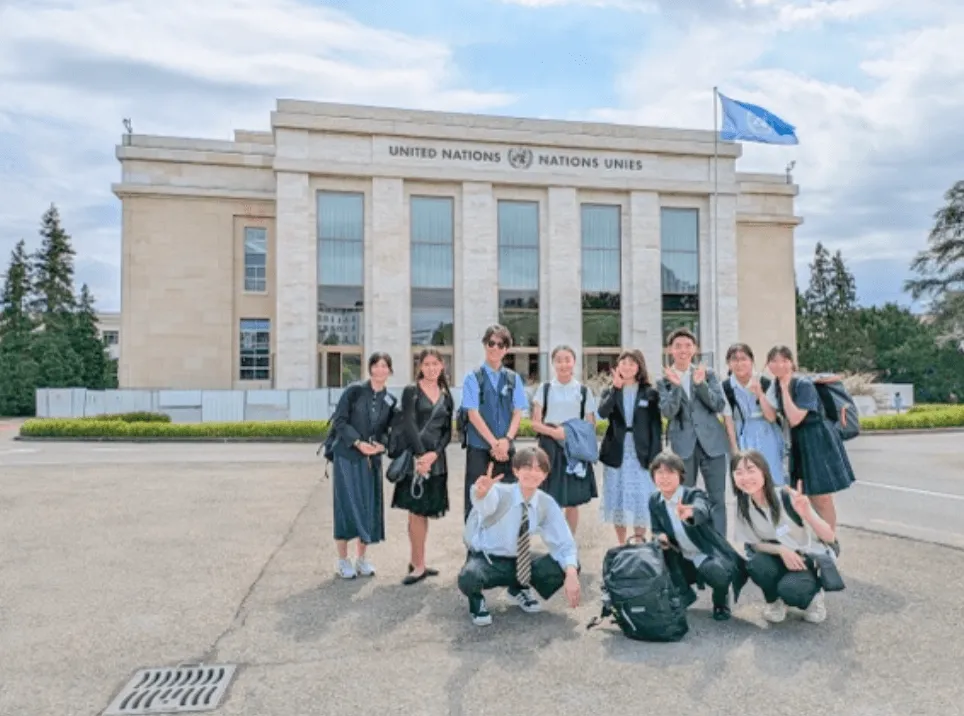
At ITU, we learned about “Giga”, a joint initiative by ITU and UNICEF aiming to bridge the digital divide and ensure that all children have access to education through digital connectivity.
This session made me reflect on the growing societal issue of digital inequality, as technological advancements create a gap between those who can and cannot access digital tools.
We engaged in discussions on what students like us can do to help, and through this experience, I felt my awareness shift toward actively tackling these issues.
At UNITAR, we participated in an interactive exercise on building consensus in problem-solving.
Through collaborative discussions on complex issues with no clear-cut answers, I realized that teamwork broadens one’s perspective and leads to more effective solutions.
In today’s unpredictable VUCA world, I recognized the importance of developing facilitation and discussion skills to navigate uncertainty.
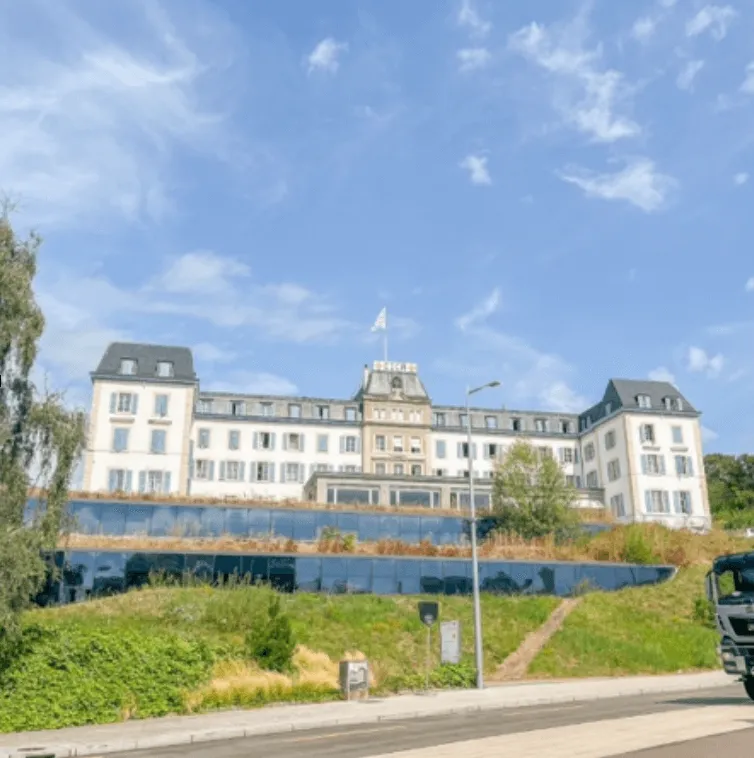
At the Permanent Mission of Japan, we gained insights into career paths within international organizations.
The discussions on career development with UN professionals were particularly inspiring, and seeing experts from various fields working together to address global challenges left a strong impression on me.
The visit to UNHCR was one of the most memorable experiences. I have long been interested in culture and languages, which naturally led me to an interest in discrimination and refugee issues.
During this program, I had the rare opportunity to hear directly from refugees and aid workers.
Listening to their stories and sharing my own thoughts and questions allowed me to redefine the image of refugees—not as distant “others” but as people searching for a place to belong, striving to live with dignity.
The term “refugee” often carries a negative connotation. However, through this experience, I came to see refugees as individuals who, despite immense hardship, continue to hold onto hope and persevere.
I felt a deep sense of respect and admiration for them.
Additionally, I was inspired by the dedication of UNHCR staff working alongside refugees in pursuit of a better future.
This experience planted the desire in me to contribute in some way.
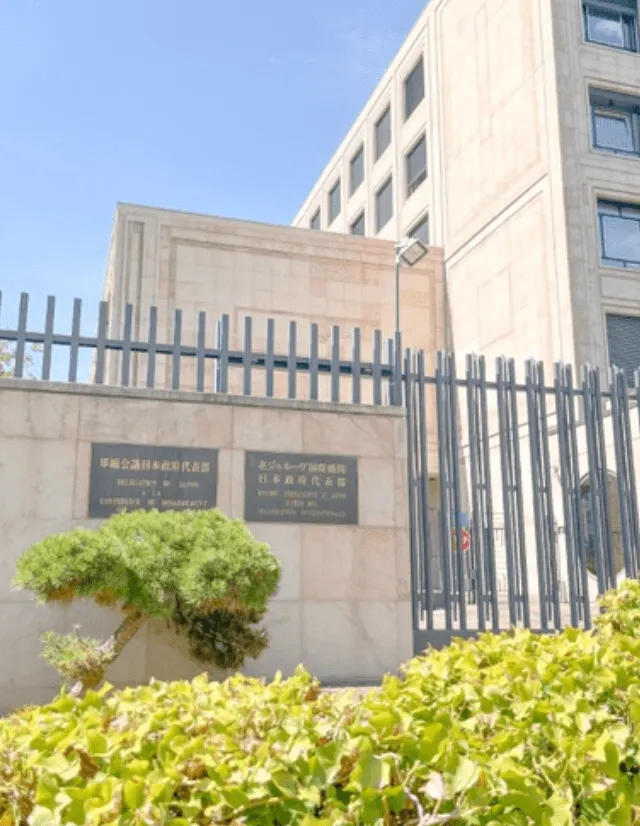
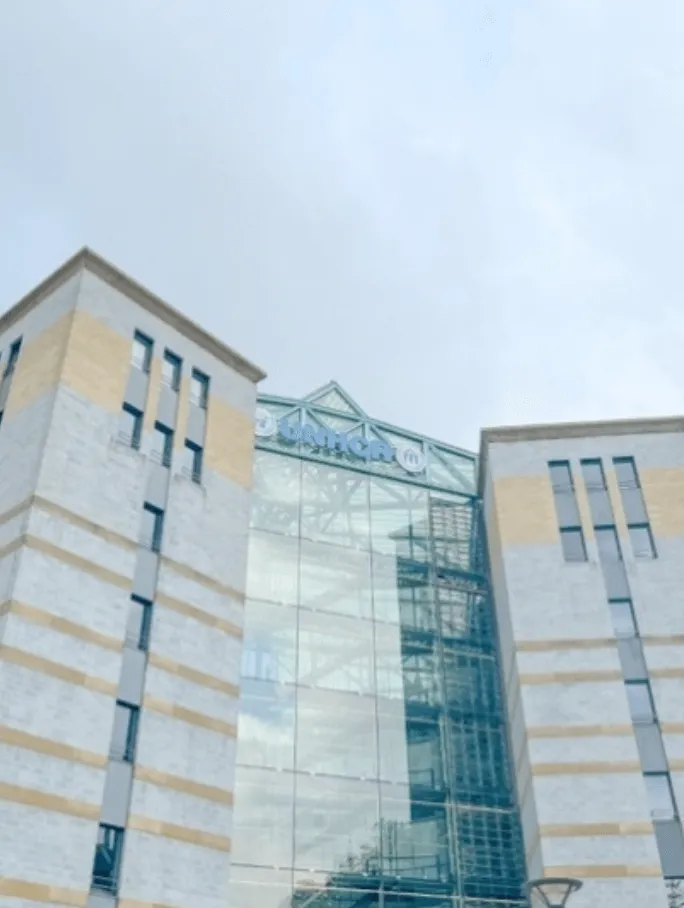
From Learning to Action
Upon returning to Japan, I decided to put the concept of “Empathy” into action by joining a student organization focused on refugee support and awareness-raising.
While my individual impact may be small, I want to believe in the future and expand the network of action.
Recently, we organized an exchange event with youths from refugee backgrounds.
One participant’s words deeply resonated with me: “We are no different from you.”
This statement struck me profoundly.
It reinforced the idea that refugees should not be seen as “special cases” but rather as fellow human beings, living on the same planet, striving for the same things.
I will continue to reflect on how we can build a society where we live together as equals.
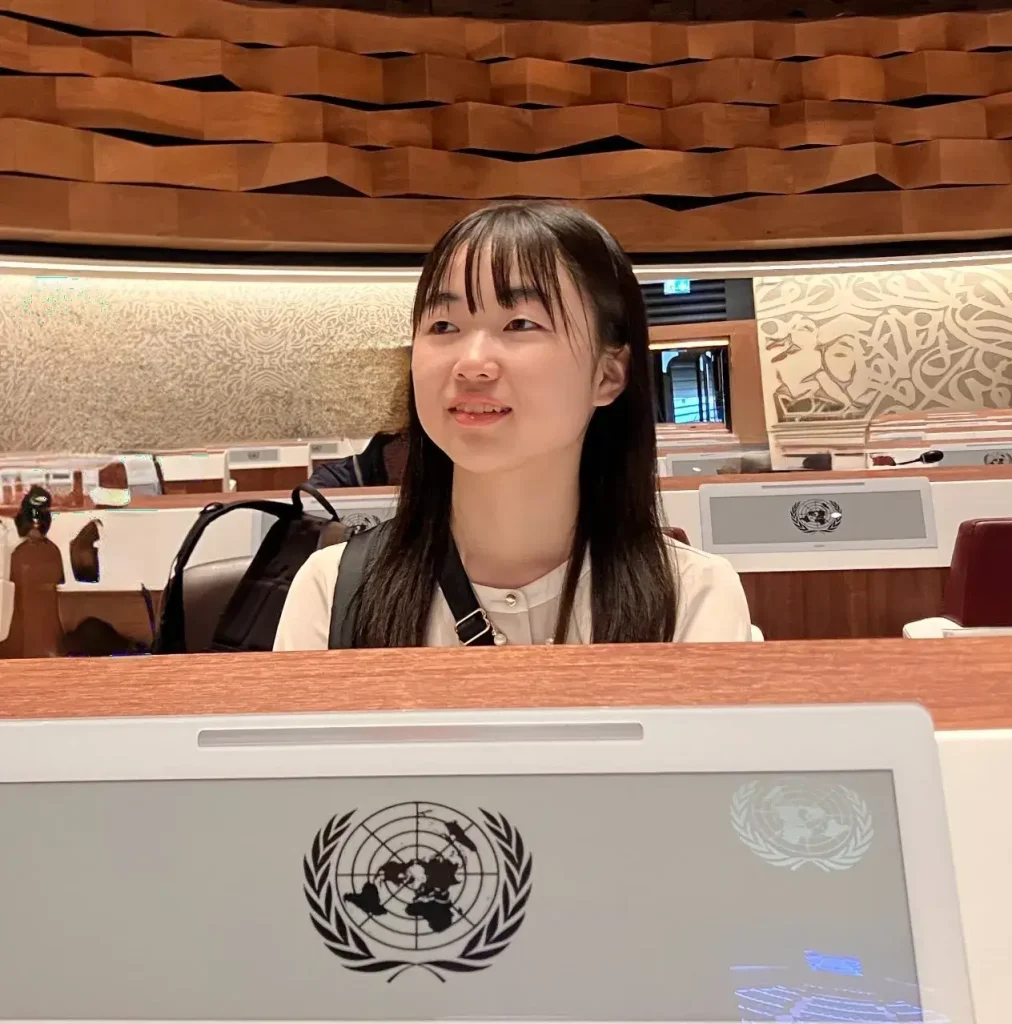
Conclusion
The Four Goods Vision Project was a transformative experience for me.
It was more than just gaining knowledge—it was a journey of self-reflection, broadening perspectives, and taking action.
Moving forward, I will continue to deepen my learning and strive to become someone who can drive social change through words and actions.
(Sayuri Imai)